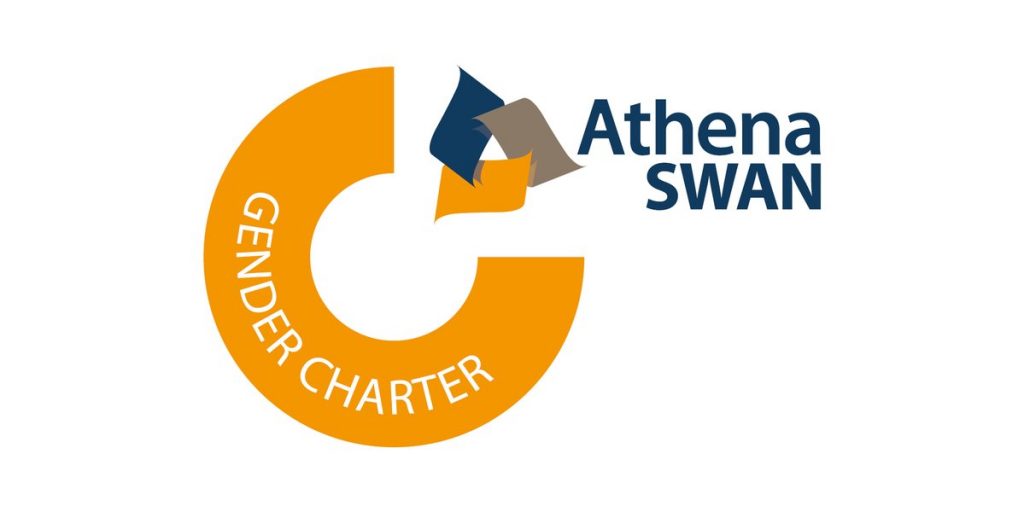
Key points and reflections from your ED&I Officer
Applications:
- Departmental applicants will be required to consider departmental culture in their application and to include the data from a standardised sector-wide culture survey (already designed, to be released in June 2021). To provide greater flexibility to applicants and accommodate existing survey infrastructures, a number of core questions were identified from the full survey, which could be integrated into existing surveys if running the full survey was not appropriate for the applicant.
- A simplified renewals process for Departments and Institutions that wish to renew their award at the existing level rather than go for an upgrade.
Scoring rubric and major and minor revisions:
From April 2021 round, Advance HE are introducing a scoring rubric for the first time. This means that the panel assessing your application will agree on a score for each criterion. Your scores will be fed back to you along with the result and detailed feedback to support your ongoing gender equality work. The scoring rubric will give you an indication of the relative strength of your application against each of the criterion and will help panels to ensure consistent outcomes.
Alongside the scoring rubric, Advance HE are introducing minor and major revisions processes in this round. This means that no application will be unsuccessful without being offered the opportunity to revise the application and address the panel's feedback.
A minor revisions process will enable unsuccessful applicants who have only narrowly missed the criteria to revise the application within eight weeks and return for approval by panel Chair's action. If an application requires more significant improvement, a major revisions process will enable applicants to revise and resubmit within six months for assessment by the same panel.
Awards:
- Awards are now held for a maximum of five years, commencing from the date of the award letter, not the date of the application.
- Implications:
- New applications:
- Changing from 4 years from application date to 5 years from award means getting extra 14 months (assuming you hear the award result within 2 months in the new process)
- Originally it was 3 years from award so an additional 2 years has been added since it first began
- Existing applications
- Validity of existing awards is extended to 5 years. You need to request this extension - it's not applied automatically. Contact your ED&I Officer (as836@bath.ac.uk) to find out more about extending existing awards.
- New applications:
- Implications:
Making the process easier:
- The level of support provided by Advance HE to applicants will increase, they are currently recruiting for eight new members of staff in central Athena Swan team within Advance HE.
- Advance HE and JISC will create an on-line data resource, enabling institutions to download, cut and analyse some of the EDI data, focussing primarily on benchmarking data. This will complement the departmental data packs DSAT Leads are currently receiving annually.
- From November 2021 round, applications will need to be submitted through an on-line application portal (rather than via email).
Panels:
- Current panels are replaced by panels of experts with significant experience of EDI as an academic or an EDI professional drawn from a collected pool of approved members. Panels will be gender-balanced and include five members, three of whom should be academic for institutional and departmental awards, and an appointed chair who is or has been at pro-vice chancellor (PVC) level or holds a lead EDI role in their institution. Panels reviewing STEMM-based applications include at least one STEMM expert, while those reviewing AHSSB-based applications will have one expert from these disciplines. All panels include at least one member who is experienced in the use of statistics.
- Panels align more with the panel approach used by Research Councils
- Panel members will receive an honorarium
- After competitive recruitment process, your ED&I Officer has been accredited as an Advance HE Reviewer to serve on the assessment panels and will continue to share insights and tips emerging from the panel discussions.
Changes to the Athena Swan Peer Review Process:
As you may be aware, Advance HE is working with the Athena Swan Governance Committee to transform Athena Swan and ensure it is fit for the future. The new Athena Swan application forms and criteria will be published in June 2021. However, where changes will benefit applicants, Advance HE are bringing them in as soon as they are ready. This means there are some enhancements to our assessment processes in April 2021 round:
-
- All panel members have been selected through a robust recruitment exercise;
- All panel members have undertaken enhanced training to ensure that panels have a standard approach that is consistent and developmental for applicants;
- All applications will be scored against the criteria from 'Poor' to 'Good';
- Major and minor revisions processes will be introduced to ensure that any applicant who has not yet met the criteria is given the opportunity to address the panel's feedback and resubmit.
Releasing results:
- Up to twelve week turnaround from the point of submission, with results issued 10 working days from the day the panel meets and feedback within 15 days
Professional Services Departments:
- PSDs will be able to apply for an award in their own right or as joint departments, more details will be released over summer 2021
- New criteria for assessing promotion and progression specifically for Professional Services to be launched
And finally…
- Athena SWAN has now rebranded to Athena Swan
Respond